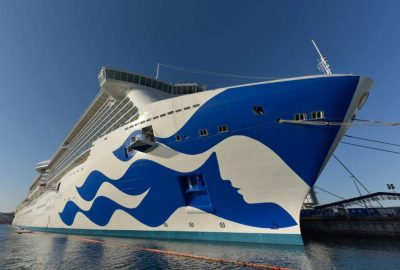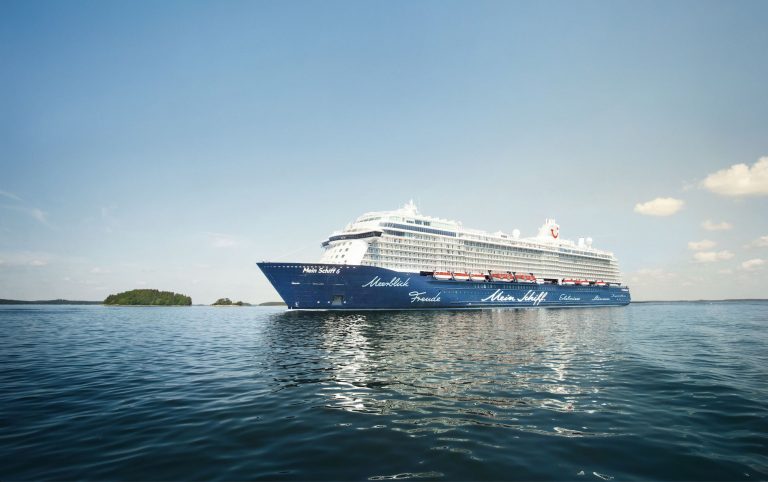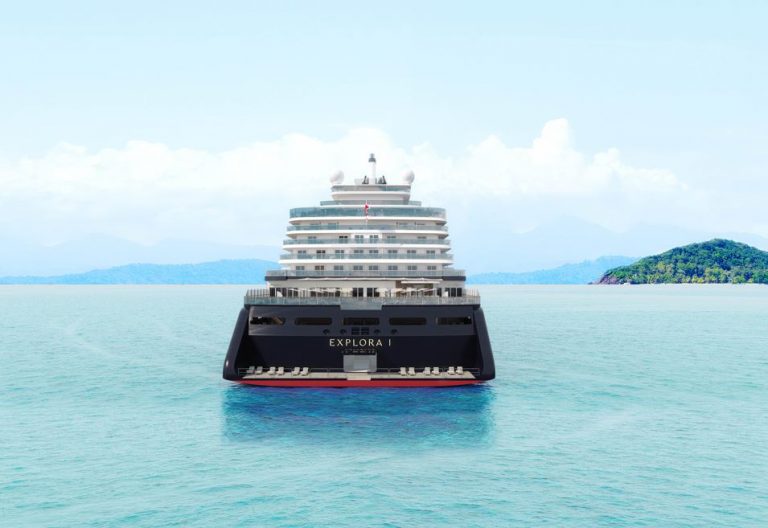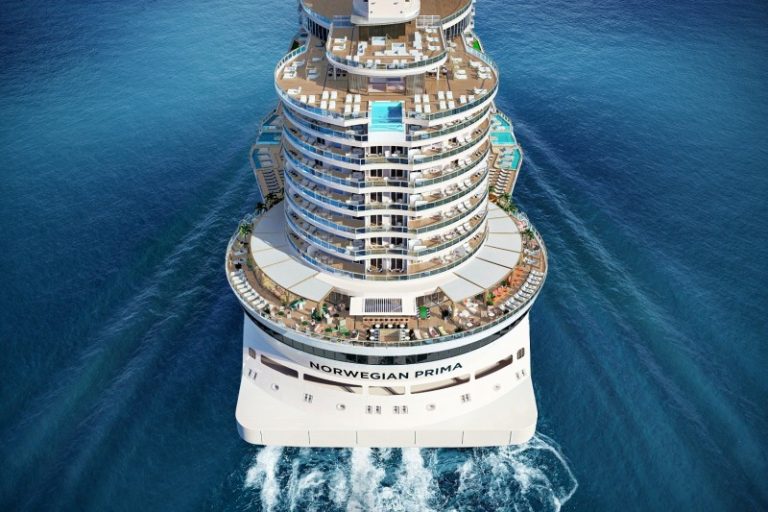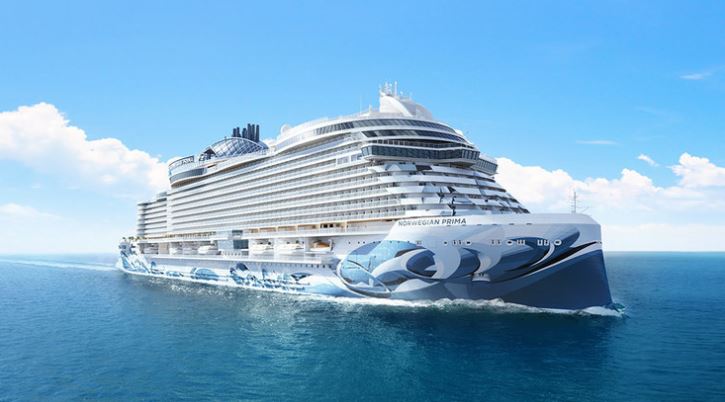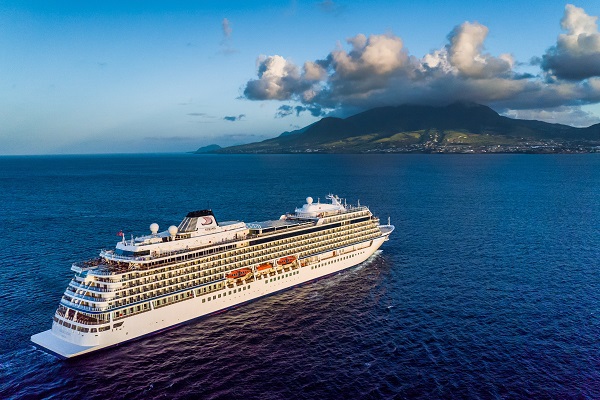Cruises: Fincantieri looks to the Future
As the maritime industry focuses on the goal of achieving sector-wide decarbonization by 2050, the Fincantieri Group has taken steps to be prepared for this epochal shift. In this context, the agreement between the Trieste-based company, newcleo, and RINA on the feasibility study for nuclear naval propulsion is significant.
However, before delving into this operation, let’s take a step back: Fincantieri has been studying solutions for years to mitigate the impact of the naval industry on the environment. To date, there isn’t a defined path, but several solutions are being explored by shipowners to experiment with the most effective option.
First and foremost is dual-fuel propulsion with engines capable of burning LNG: currently the greenest available option, although it’s only a transitional technology that reduces the ecosystem’s impact without entirely eliminating it, as ships of this kind emit methane into the air.
sun-princess-la-nave-futurista-y-su-cupula
Mein Schiff Blaue Reisen Griechenland
Fincantieri is already working on dual-fuel ships with various shipowners like Princess Cruises, TUI Cruises, and Explora Journeys. The first of these ships, the new Sun Princess, will be ready next year.
On the other hand, other clients of the group have opted for different approaches and are preparing to experiment with even less impactful solutions, such as Viking Ocean Cruises with hydrogen fuel cells and Norwegian Cruise Line with the last 2 ships of the “Prima” class (enlarged by 20% compared to the prototype), which will be adapted for the use of green methanol.
As we’ve seen, Fincantieri is leaving no stone unturned, and the latest focus for their engineers is nuclear propulsion. However, this won’t involve a unit powered by a large reactor like the experimental case of the American merchant ship Savannah. The experiment back then failed, and the ship only operated from 1962 to 1972.
Explora I
Fincantieri’s goal, instead, is to test a new, non-invasive system that takes up minimal space and carries zero risk. The ideal partner in this endeavor is newcleo, a company specializing in clean and safe nuclear technologies that is engaged in developing innovative fourth-generation reactors that use existing nuclear waste as fuel. The involvement of RINA, a multinational company in inspection, certification, naval classification, and engineering consultancy, will also be crucial.
Under this agreement, the three companies combine their deep international expertise and innovation experience to collaboratively conduct a feasibility study for nuclear applications in the naval sector, leveraging newcleo’s small lead-cooled modular reactor (SMR) technology.
Employing newcleo’s innovative lead-cooled fast reactor (LFR) for naval propulsion would involve installing a compact closed reactor on ships, functioning like a small nuclear battery capable of producing 30 MW of electric power. This would require sporadic refueling (only once every 10-15 years), minimal maintenance, and straightforward reactor replacement at the end of its life. To give an idea, the largest next-generation cruise ships have an installed power between 60 and 80 MW.
Norwegian Cruise Line
norwegian-prima-katy-perry-sera-a-madrinha
Utilizing clean nuclear energy to power ships would rapidly decarbonize an industry grappling with high fossil fuel consumption and resulting carbon emissions. Importantly, using nuclear energy in ships through this system would safeguard the marine ecosystem in case of accidents. With newcleo‘s project, the liquid lead inside the reactor would solidify by cooling upon contact with cold water, encapsulating the reactor core in a solid shield and containing all radiation thanks to lead’s shielding properties. Ultimately, newcleo’s naval propulsion reactors would eliminate the current need for frequent refueling and, at the end of their lifespan, the entire LFR unit would be simply removed and replaced with a new one, while the spent unit would be taken away for decommissioning and reprocessing.
bautizo-de-viking-neptune-en-los-angeles
The only potential challenge for the cruise ships we follow is to educate passengers to trust passenger units equipped with this technology. The reputation of nuclear power still carries many biases, and future cruisers will need a different mindset.
Stay tuned for updates, news, information, and reviews on the cruise world on Cruising Journal

